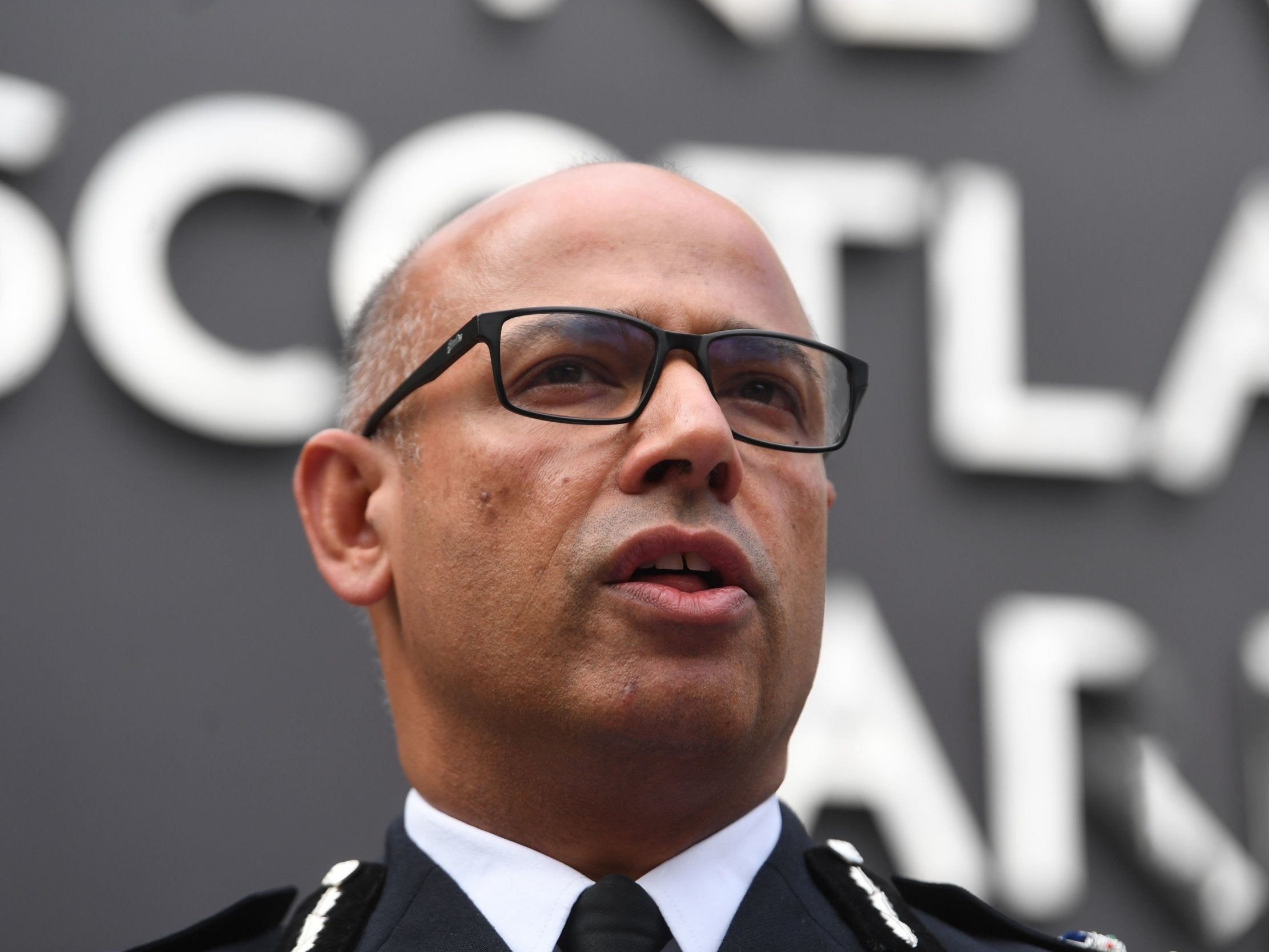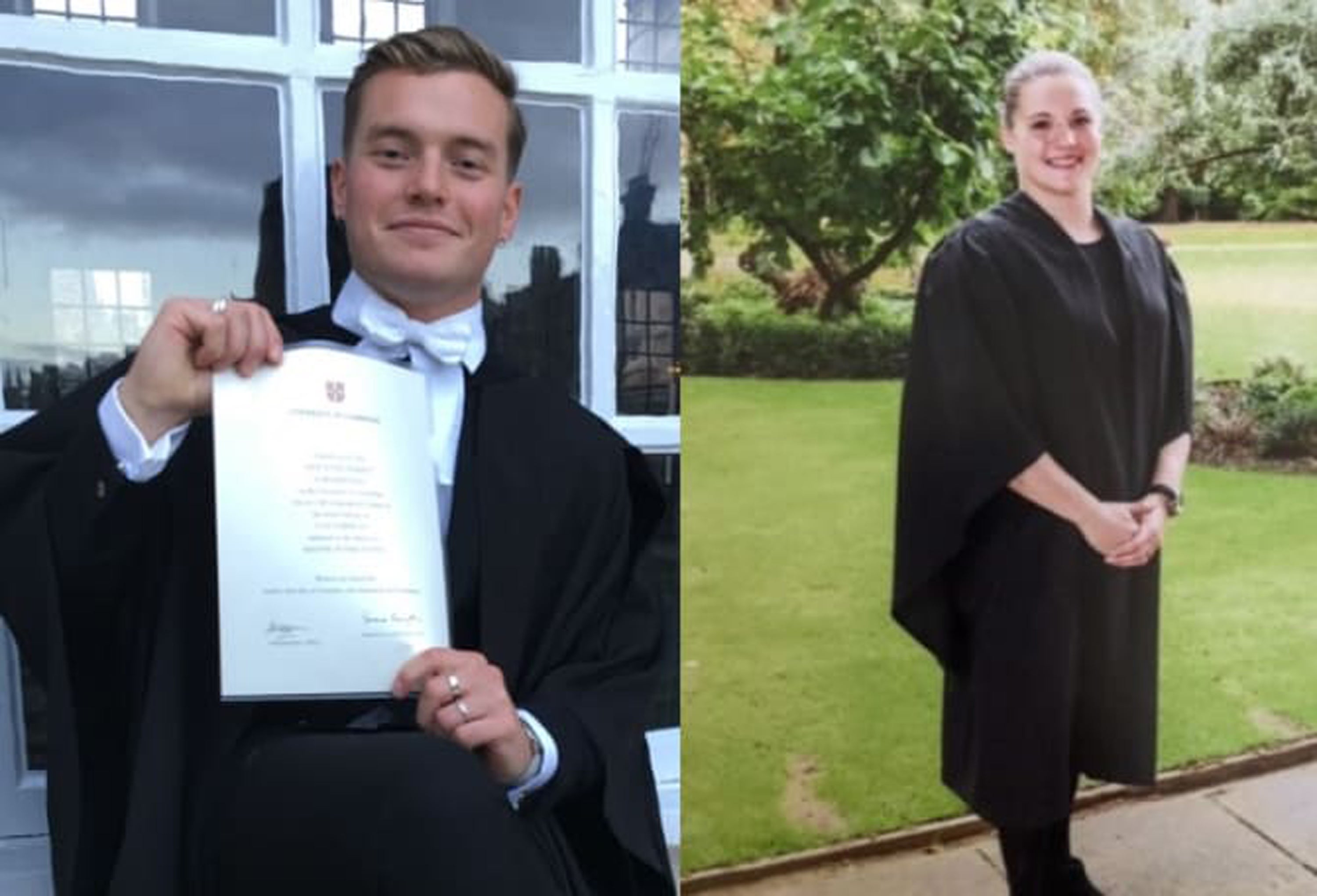Police chief ‘deeply sorry’ for ‘unacceptable’ failures over Fishmongers’ Hall terror attack
Usman Khan was being monitored by MI5 and counter-terror police when he launched deadly knife rampage

Your support helps us to tell the story
From reproductive rights to climate change to Big Tech, The Independent is on the ground when the story is developing. Whether it's investigating the financials of Elon Musk's pro-Trump PAC or producing our latest documentary, 'The A Word', which shines a light on the American women fighting for reproductive rights, we know how important it is to parse out the facts from the messaging.
At such a critical moment in US history, we need reporters on the ground. Your donation allows us to keep sending journalists to speak to both sides of the story.
The Independent is trusted by Americans across the entire political spectrum. And unlike many other quality news outlets, we choose not to lock Americans out of our reporting and analysis with paywalls. We believe quality journalism should be available to everyone, paid for by those who can afford it.
Your support makes all the difference.The head of UK counterterror police has apologised for “unacceptable” failures leading up to the Fishmongers’ Hall terror attack.
Usman Khan, a convicted terrorist, murdered two victims at a rehabilitation event 11 months after being freed from prison.
An inquest jury found that “omissions and failures” by the agencies managing Khan following his release contributed to the deaths of Jack Merritt and Saskia Jones.
Assistant commissioner Neil Basu, the head of Counter Terrorism Policing, said the way released terrorists are monitored had been improved but added: “The fact that, as the jury determined, there were omissions or failures in the management of the attacker and in the sharing of information and guidance by the agencies responsible, is simply unacceptable and I’m so deeply sorry we weren’t better at this in November 2019.”
Khan had been permitted to join Cambridge University’s Learning Together programme in 2017, while serving a sentence for preparing acts of terrorism at HMP Whitemoor.
Shortly before Khan was automatically released from prison in December 2018, MI5 received intelligence that he wanted to commit an attack but did not share it with his probation officer.
After he was freed, Khan was monitored by MI5, counter-terror police, probation staff, an electronic tag and a “Mappa” board of public protection agencies.
The inquests heard that none of them detected any intelligence that he was planning the attack, and that covert surveillance missed Khan purchasing knives and equipment to make a fake suicide vest days before.
Police and MI5 did not object to him attending a celebration to mark the fifth anniversary of Learning Together at Fishmongers’ Hall, or discuss it as a potential attack risk.
Inquest jurors found there were “serious deficiencies” in the way Khan was managed following his release from prison and “missed opportunities” by the security services to share information and guidance.

Mr Basu said that authorities were “significantly strengthening” how terror offenders are managed by the multi-agency Mappa system, following an independent review.
Counter-terror police officers with better training will be dedicated to managing terror offenders, and work more closely with MI5, prisons and probation officers to spot concerning changes in behaviour, he added.
The senior officer said “more seasoned and experienced” professionals would be involved, and information-sharing would be improved.
“We were making changes before this attack took place,” Mr Basu said. “The terrible events on 29 November 2019 only served to ensure that we redoubled our efforts.
”Since then, the government has made changes to the law, the Ministry of Justice has strengthened prison and probation services, and we in policing have developed a far stronger national offender management model. These changes can never provide a 100 per cent guarantee, but they will better protect the public from terrorist offenders.”
Since the Westminster attack in March 2017, there have been a further 11 terror attacks in England that killed 39 people in total. In the same period, 29 plots have been foiled - 18 by jihadists, 10 by right-wing extremists and one classed as left-wing, anarchist or single-issue terrorism.


